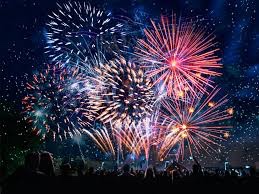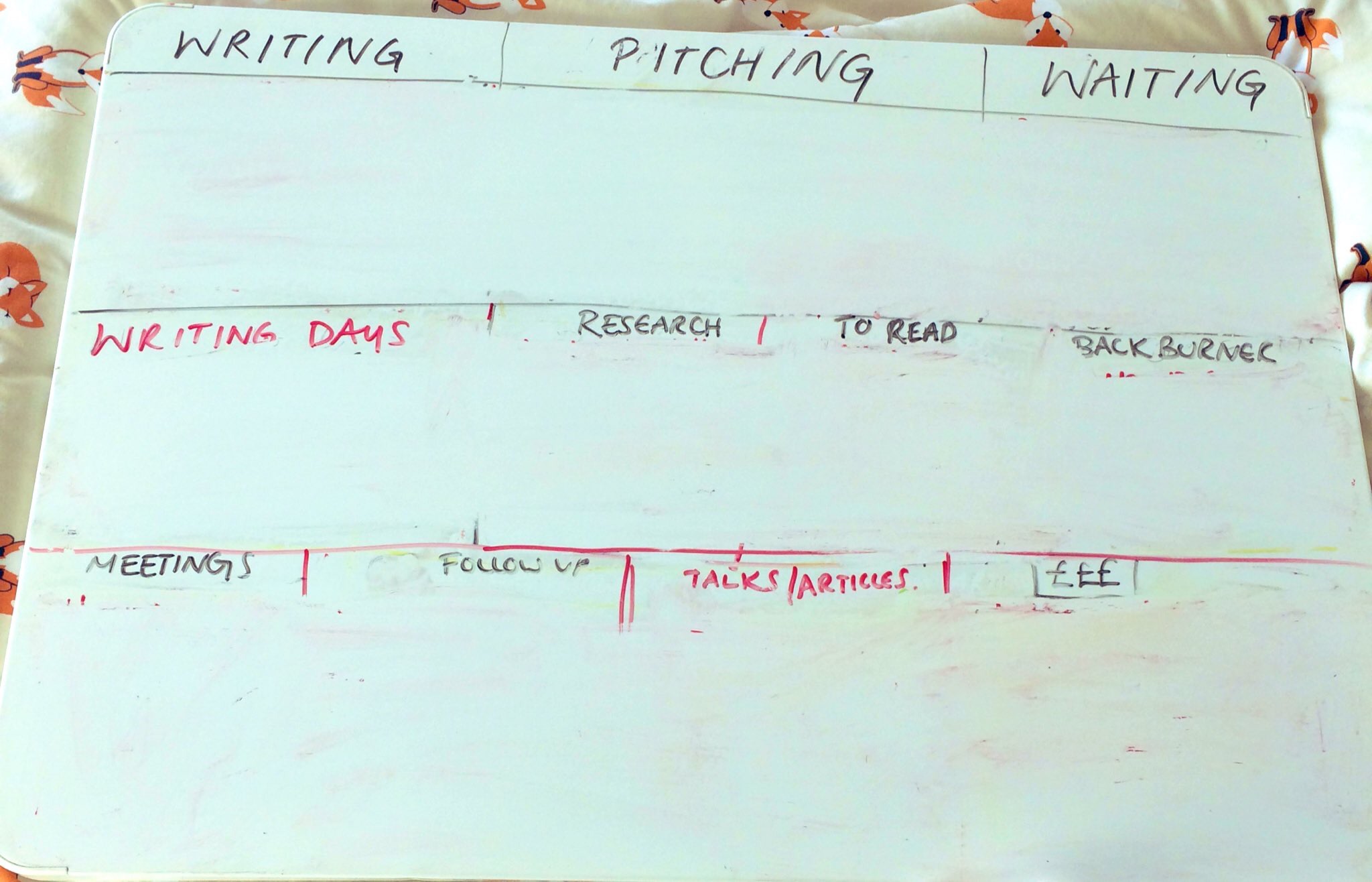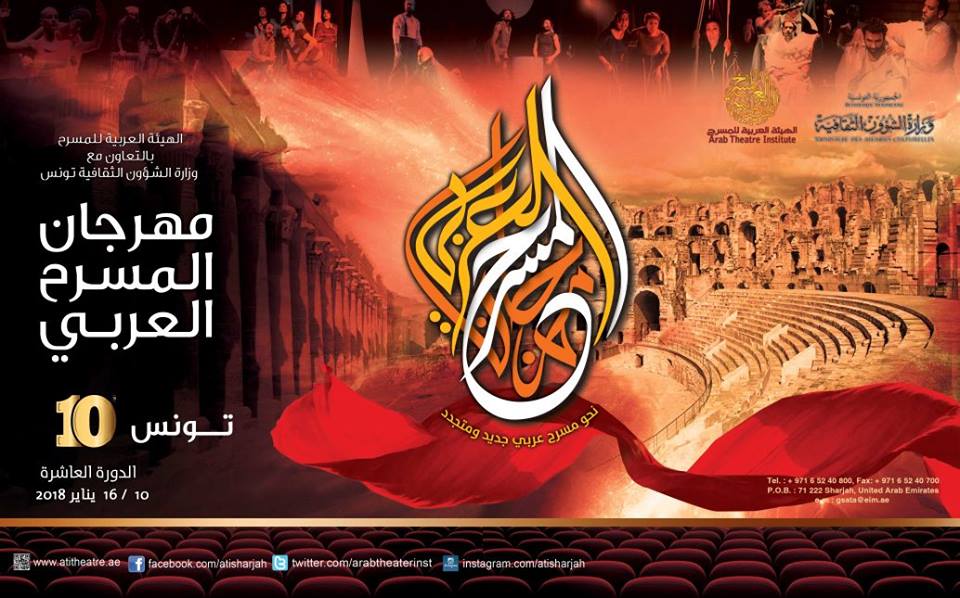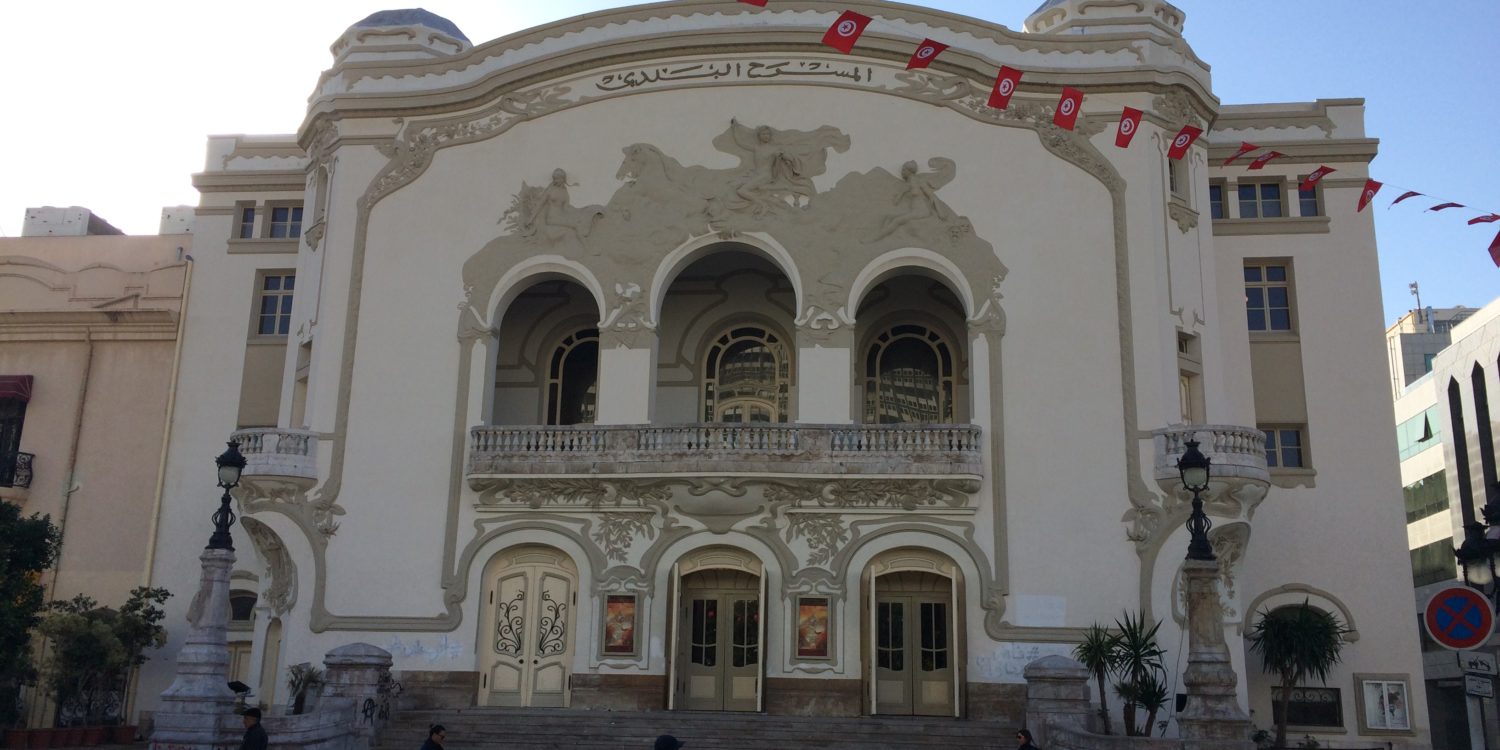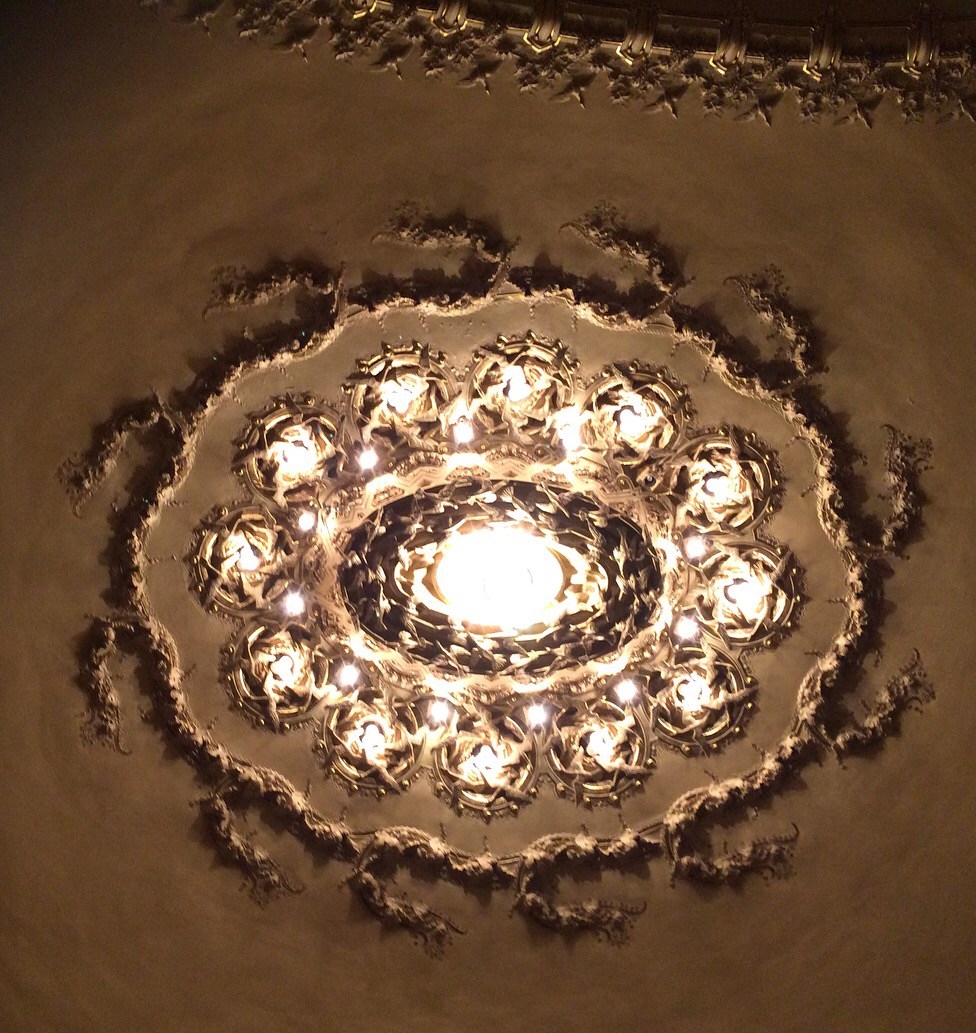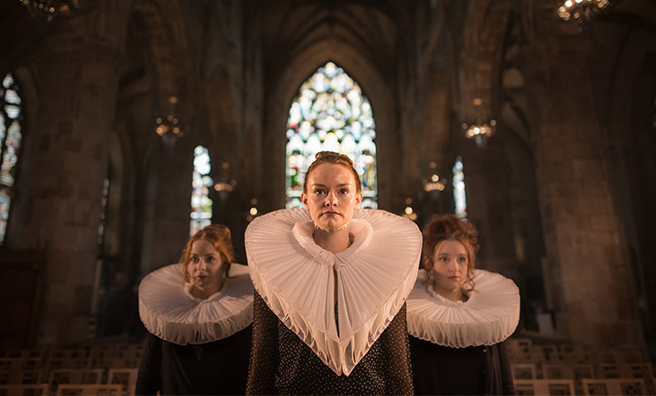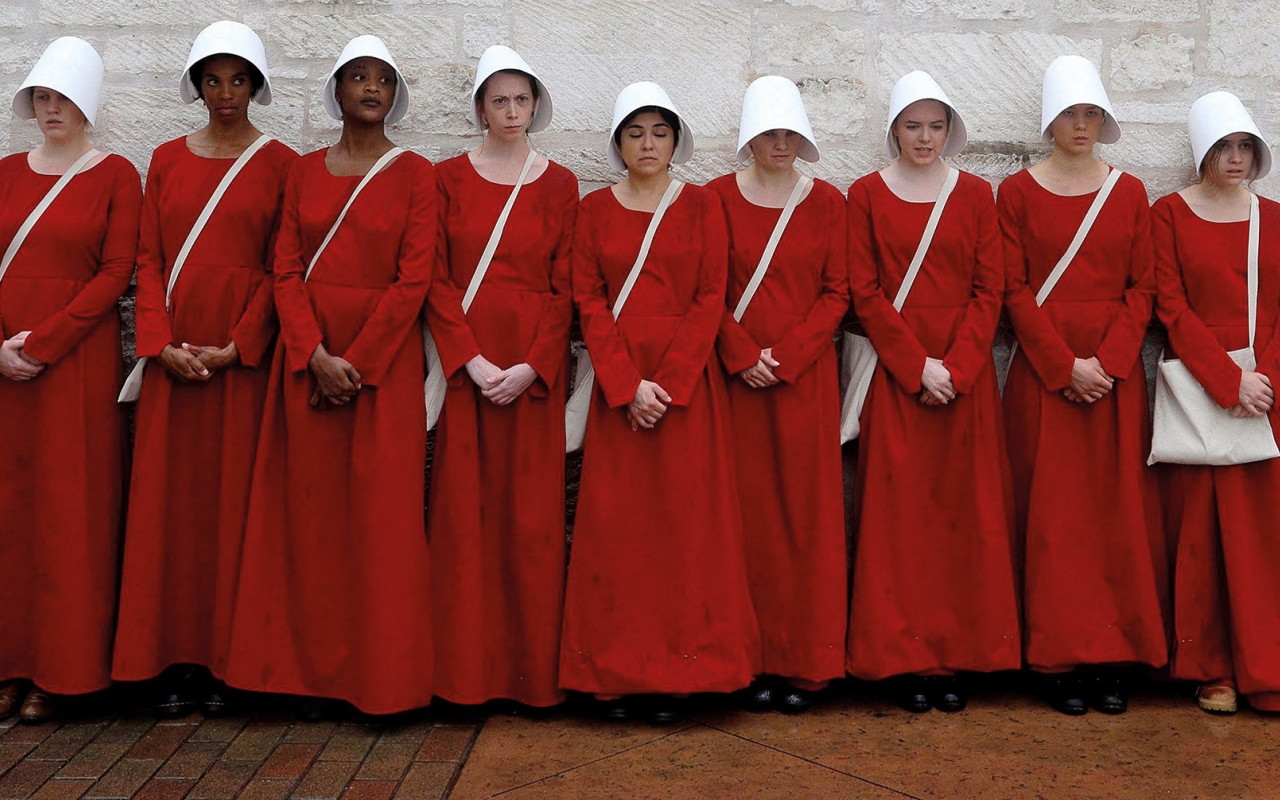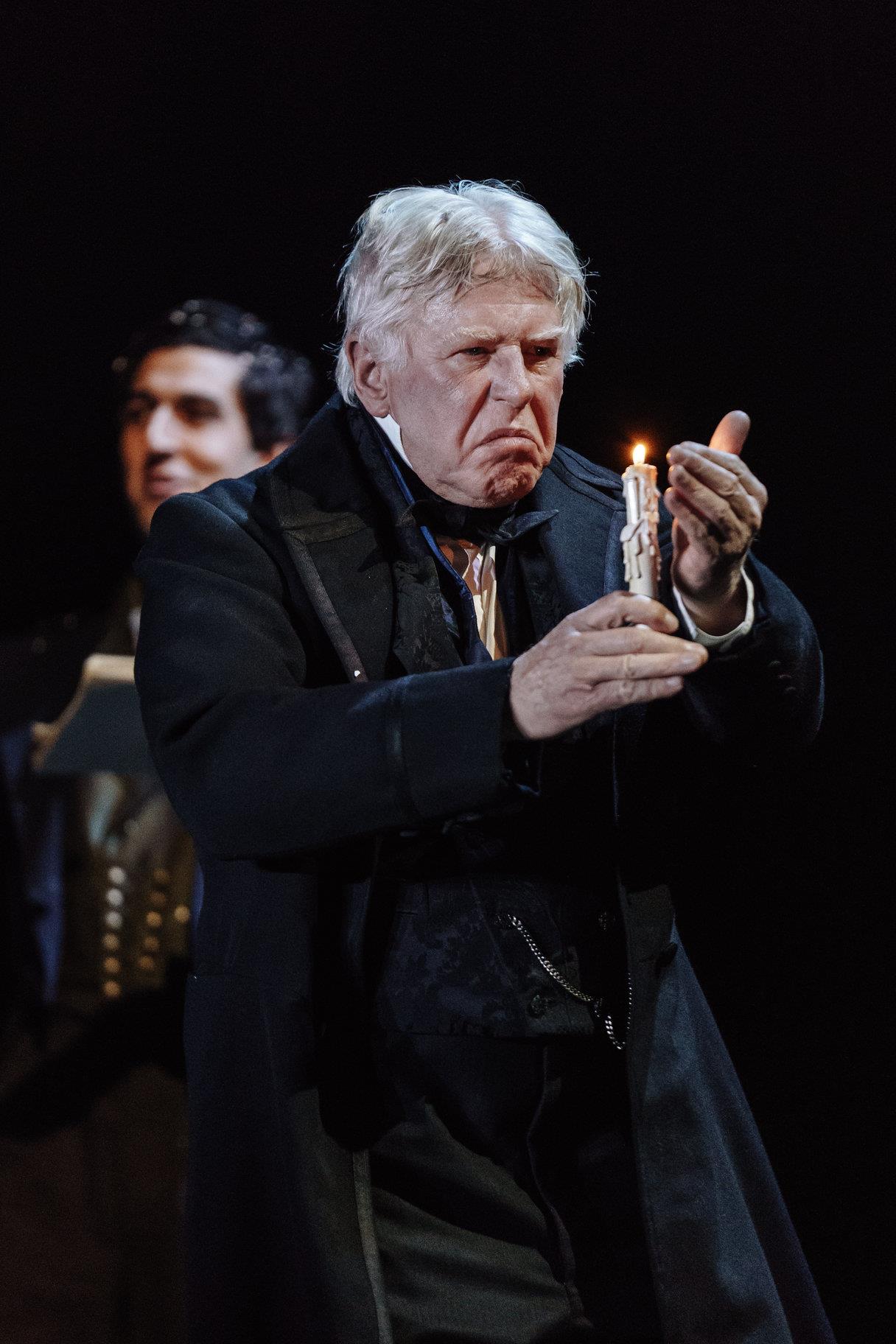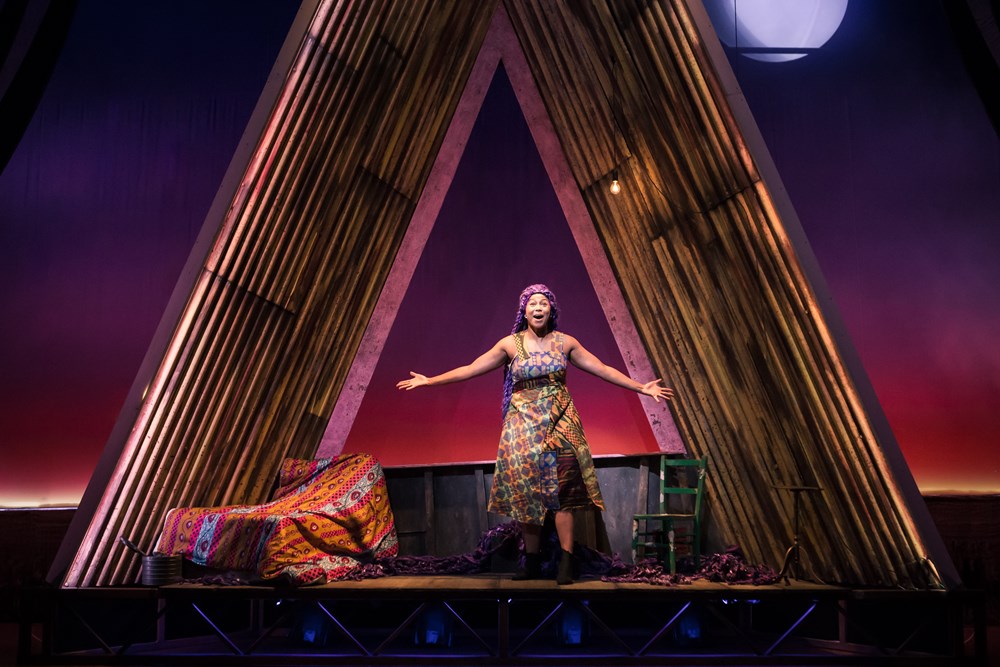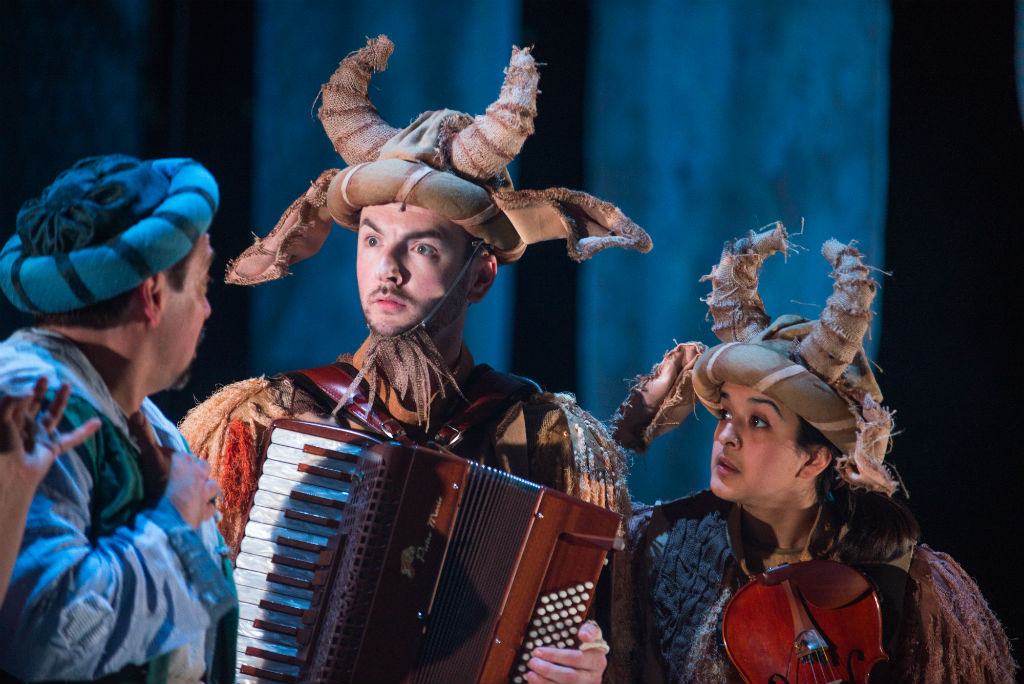I was asked by the Old Vic to write an introduction to an ‘Inside guide for Playwrights‘. It turned into a bit of a rant and so I thought I’d post it here. The guide also features tips and exercises from some very clever writers, so do check it out.
“At what point can you call yourself a writer? Is it about how many words you write a day? Or if you’ve finished writing that play? Or does it have to have been produced? Or is it about if you’ve earned any money from writing yet? Or the number of plays you’ve written? Or if you’ve won a prize?
These are just some of the questions that used to make me feel rubbish about myself and whether or not I could/should write when I started out. My advice now after lots of years of writing is none of these questions matter. All that matters is if you want to write, then you must write; and if you fancy giving it a go but you’re unsure — go on, try.
I’m a playwright, my name’s Hannah Khalil and I’m going to talk a little bit here about my ideas about writing and why I write and how. One of the few things I am sure about in this world is that every writer is different, and no one has the answer or the formula to how to write a good play. But more on that in a moment. Here are some things that should not stop you writing a play:
1. There’s no one who writes the kind of things you would (either in terms of the story, or who it’s about, or the language, or the style)
2. Someone tells you you don’t have the right qualifications or you’re from the wrong background
3. Because you are scared
On the contrary, these are absolutely reasons you should write.
I wrote my first play after a difficult conversation with someone who heard I’d turned down this guy who asked me on a date. He was nice but I wasn’t interested. This someone told me if I kept turning down offers of dates from nice blokes, I’d end up old and alone. I was really angry. But I couldn’t find the words or the confidence to argue with her. So, I sat down and wrote a little play. And that helped me a lot. I mention this because writing for me has become what that first play was: a way to try and understand the world and other human beings and why they do the things they do. A way to try and understand how I feel about things that happen to me, and people I love, and come to terms with it. A kind of therapy I suppose. Which makes it sound like my plays are probably really boring, but I hope they’re not. And if they’re not it’s because I really think hard about why something I’m writing is a play — as opposed to a short story or a film or a novel or something else.
As I said above, I don’t believe in formulas in writing. I think formulas are for maths. I like maths. But playwriting is absolutely not maths. Well not the kind of plays I want to write or see anyway. So, if anyone tells you they have the answer of how to write the perfect play I’d be very suspicious indeed. Because there is no perfect play, there’s only the play you want to write in the way you want to write it, and anyone who wants to help you create your play, like a director for example, should be helping you find out what and how that is rather than imposing what they think you should be writing on you. I’ve been lucky. This is going to sound mad, but I’ve had so much rejection and that has been — ultimately — a good thing, though it didn’t feel like it at the time.
You see I couldn’t afford to do an educational course in playwriting. After my stint in acting, I knew I wanted to write, so I just did it. Evenings, weekends, after work. I wrote lots of bad plays and gradually they became less bad. I met a lot of people who were interested in my background and my writing, but who didn’t think I was a writer for lots of reasons. I never got to the bottom of that — I suspected sometimes it was my age. Or my gender. Or my background. Or that I wasn’t writing the kind of things or characters, that they were used to reading. Or that they expected someone who wrote my play to look differently from the way I look.
There’s a huge amount of courage needed to be a writer. First you have to be brave to put pen to paper. Then you have to be courageous to show it to anyone. Then you have to grit your teeth to hear it read for the first time and once you are sitting in an audience who have no idea (or care probably) that you are the writer — well, if you get through that you feel like Hercules.
Yet the most important first step (once your play is written) is to show it to people. Plays are not written to sit in drawers. They need actors and a director to breathe life into them. You can submit your plays for the many available playwriting competitions — though this can be a dangerous game. Some charge for entry (I’d advise against entering any that do) and you can end up in a rollercoaster of hope and misery living from deadline to shortlist announcement, as I did for many years.
What I ended up doing was gradually making friends with an ever growing and changing group of actors and creatives, (including a brilliant director) many of whom share my cultural heritage so understood the stories I wanted to tell and the way I wanted to tell them. I’d invite them round for dinner when I had a new play, then ask them to read it out for me and we’d talk about it. In time this wonderful group ended up being involved in fringe productions of my plays, and most of them I still work with now. It was a long process but one that helped me make the plays I wanted to write.
All my plays are very different in style, influenced by many other writers and plays/ films/TV shows/books, however, in all of them I’ve asked myself two main things:
1. What’s the central question I want to explore in this play? For example, that first play I mentioned after the ‘you should go out with that guy’ nonsense, the question there was ‘Can humans survive alone?’
2. Why is it a play — what will make it special and particular to theatre?
I always feel if I can do those two things in anything I’m writing I’ll be on the way to making it work — for me. And if it works for me it might just work for an audience — that is if it’s the right creative team, the right actors, directors and other creatives. Whether in a reading in my sitting room or sat in the audience of a theatre. And it’s in that moment when I think ‘YES! That’s it — even better than I heard it in my head…’ that those questions I mentioned at the start subside a little — because in truth they never entirely go away — and I really feel like a writer.
/cdn.vox-cdn.com/uploads/chorus_image/image/63709273/tomorrowland-movie.0.1462605274.0.jpg)

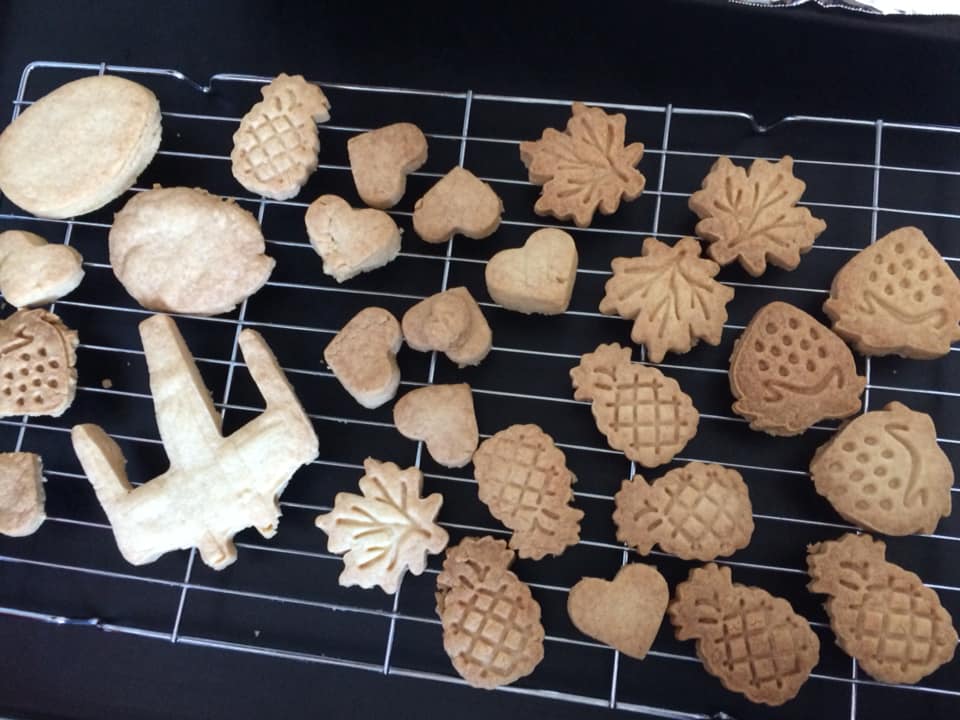
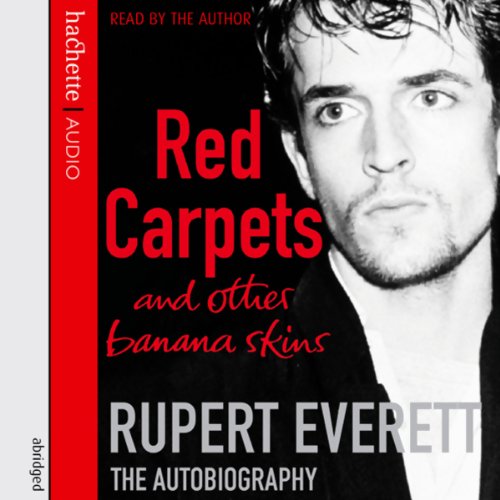
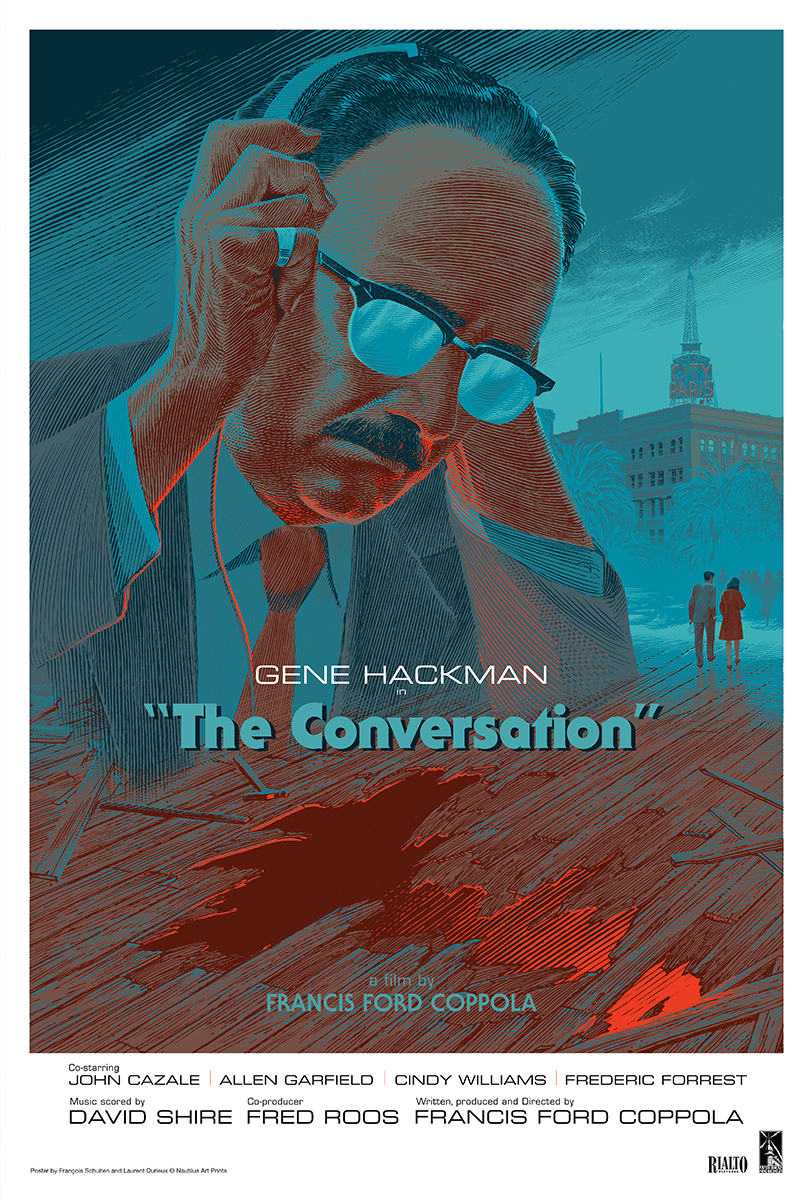
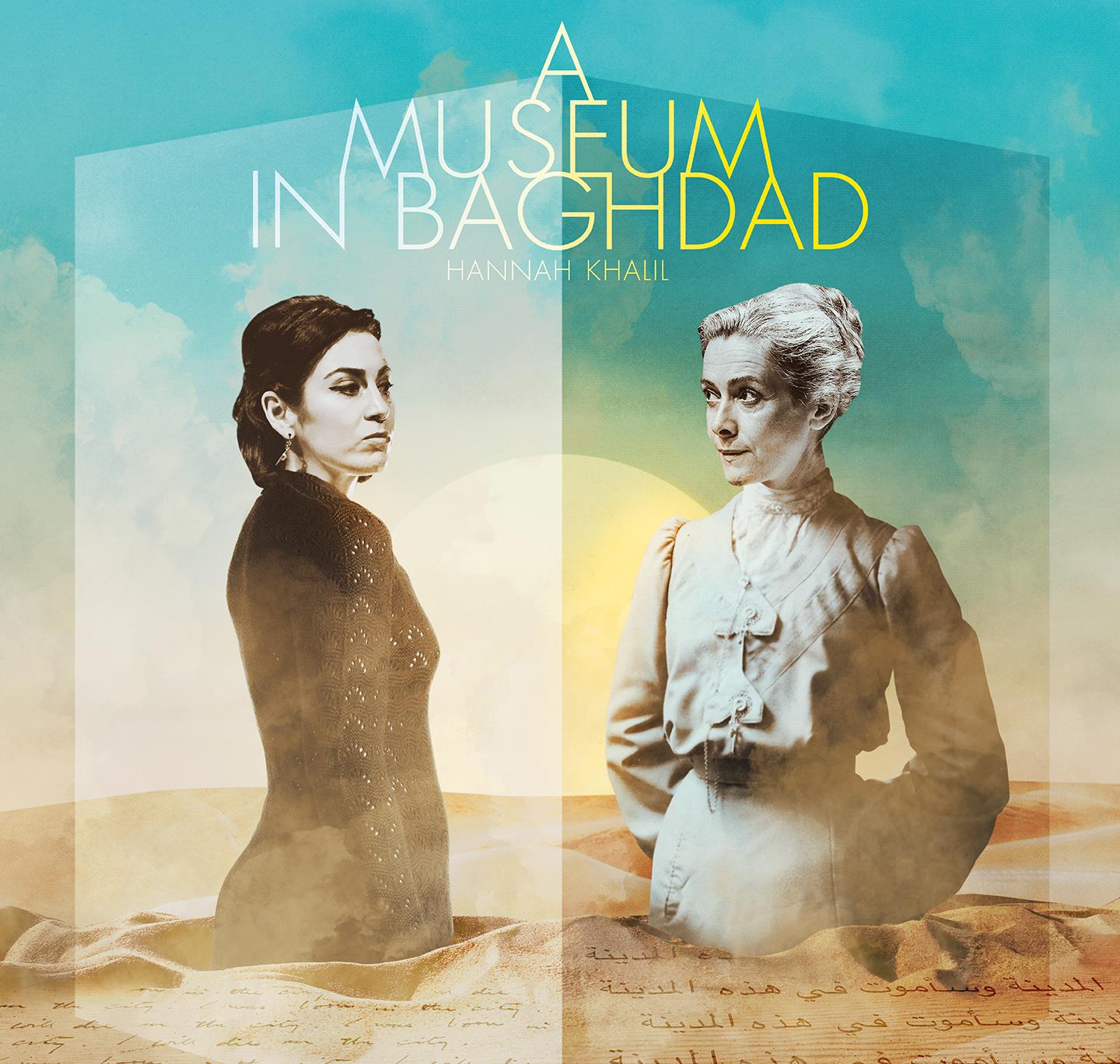 This autumn my new play
This autumn my new play 